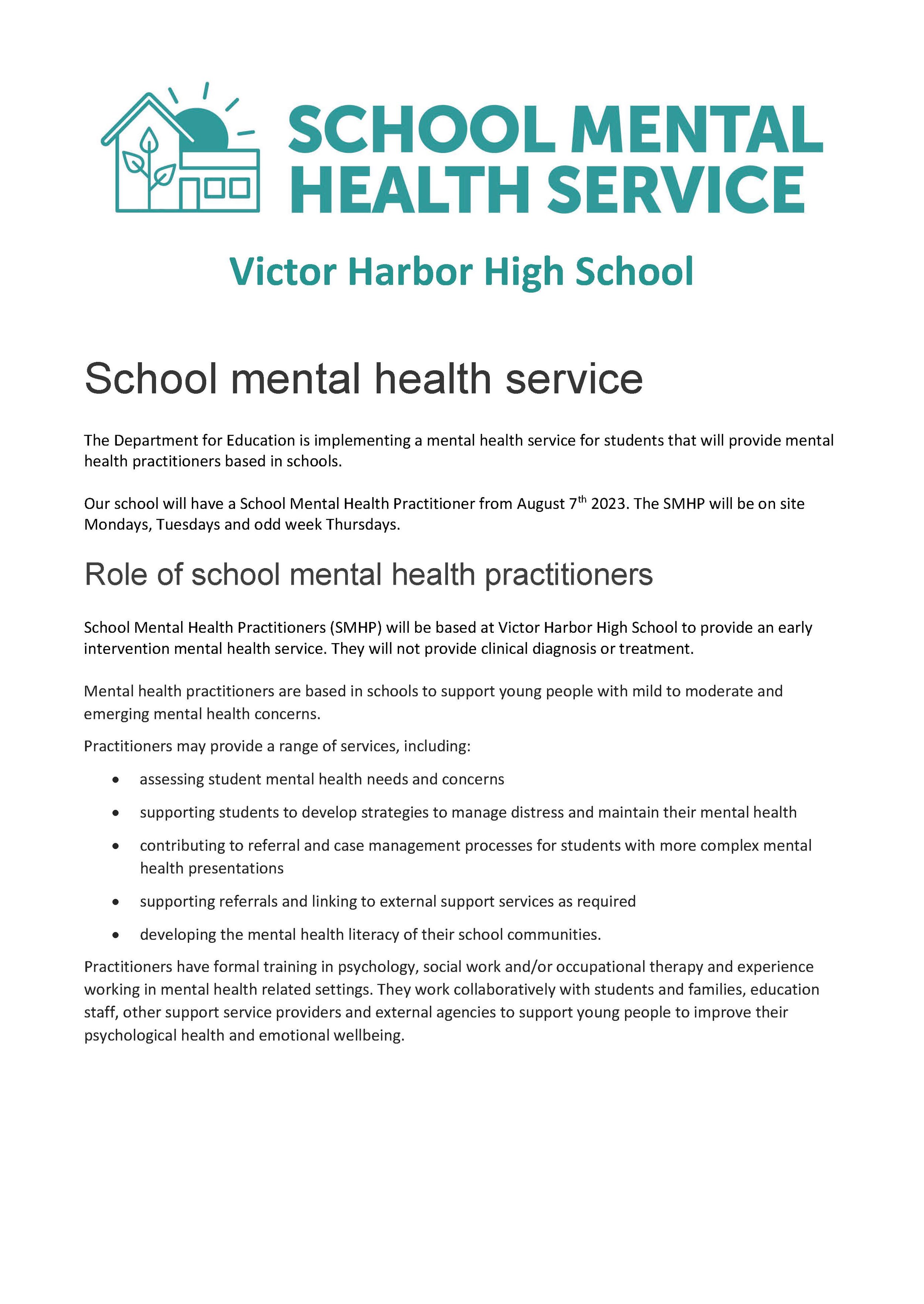Exploring the Link In Between Nutrition and Mental Health Improvement
The ramifications of our nutritional options on mental health have actually been progressively identified by health experts and scientists alike. As we navigate the complicated landscape of contemporary way of lives, uncovering the nuanced relationship between nutrition and mental health and wellness enhancement may hold the trick to opening a much deeper understanding of our emotional and cognitive resilience.
Impact of Food on Mood
The partnership between nutritional choices and mood guideline is an important element of comprehending the impact of food on mental well-being. Study has actually revealed that specific foods can influence natural chemical task, affecting state of mind and emotional states. For instance, foods rich in omega-3 fatty acids, such as fatty fish, walnuts, and flaxseeds, have actually been linked to lower prices of clinical depression and improved state of mind policy.
Furthermore, complicated carbs located in whole grains, fruits, and vegetables can assist regulate blood glucose levels, which consequently can have a positive influence on state of mind stability. On the various other hand, diets high in refined foods, sugar, and saturated fats have actually been linked with a raised risk of clinical depression and state of mind conditions.
Furthermore, the gut-brain connection plays a substantial function in state of mind guideline. The intestine microbiome, affected by the foods we consume, can interact with the mind with the gut-brain axis, impacting state of mind, tension degrees, and general mental wellness. Making healthy and conscious nutritional selections is necessary for maintaining a healthy and balanced state of mind.
Crucial Nutrients for Anxiousness

Discovering the role of particular nutrients in handling anxiety problems sheds light on the intricate relationship in between diet and mental health and wellness. Omega-3 fatty acids, typically discovered in fatty fish like salmon and flaxseeds, have actually been connected to minimized anxiety degrees due to their anti-inflammatory residential or commercial properties that sustain brain wellness.
In addition, the amino acid tryptophan, located in foods like turkey, eggs, and nuts, is a forerunner to serotonin manufacturing, a neurotransmitter understood for its role in promoting feelings of peace and well-being. Mental Health Services. Vitamin B facility, especially B6 and B12, are additionally crucial for preserving a healthy and balanced nerves and might help in reducing stress and anxiety symptoms
Including these vital nutrients right into a well-balanced diet regimen can have a positive impact on taking care of stress and anxiety and boosting general mental health and wellness.
Dietary Techniques for Depression

One nutritional approach for managing clinical depression is concentrating on foods abundant in omega-3 fats, such as fatty fish, flaxseeds, and walnuts. Omega-3 fatty acids have been linked to lowering inflammation in the brain and boosting neurotransmitter feature, which can positively affect state of mind. Furthermore, raising the intake of fruits, veggies, entire grains, and lean healthy proteins while minimizing the intake of refined foods and sugars might help in easing depressive signs and symptoms.
Moreover, preserving ample degrees of vitamin D, either with sunshine direct exposure or supplements, is essential for supporting mental health. Vitamin D deficiency has been related to an enhanced threat of clinical depression, making it critical to make sure adequate intake of this nutrient. By incorporating these nutritional techniques, individuals might successfully complement typical therapies for clinical depression and boost their total health.
Gut-Brain Axis and Mental Health And Wellness
Concentrating on the detailed link in between the intestinal system and mental health and wellness, the Gut-Brain Axis plays a crucial duty in influencing cognitive features and psychological health. The Gut-Brain Axis is a bidirectional interaction network in between the main nerves and the enteric nerve system, connecting the original site psychological and cognitive centers of the mind with outer intestinal tract functions. This axis is regulated by an elaborate interaction of neural, immune, endocrine, and metabolic pathways.
Research study suggests that the composition of digestive tract microbiota, the diverse neighborhood of bacteria residing in the intestinal system, can have a profound effect on psychological health. Imbalances in intestine microbiota, referred to as dysbiosis, have actually been associated with conditions such as clinical depression, stress and anxiety, and even neurodegenerative diseases. The gut microbiota plays an essential duty in the manufacturing of neurotransmitters like serotonin, which is crucial for managing state of mind and psychological feedbacks - Mental Health Services.
Preserving a healthy intestine microbiota with a balanced diet plan abundant in fiber, fermented foods, and probiotics is essential for supporting mental wellness. Approaches focused on enhancing the Gut-Brain Axis provide promising opportunities for boosting emotional well-being and cognitive function.
Nutrition's Duty in Cognitive Function
Given the substantial influence of the Gut-Brain Axis on psychological health, recognizing how nutrition effects cognitive function becomes vital in advertising general health. Nutrition plays a vital duty in cognitive feature by offering important nutrients that sustain mind health and optimal performance.
Key nutrients such as omega-3 fatty acids, antioxidants, minerals, and vitamins are known to boost cognitive capacities, including memory, focus, and problem-solving abilities. Omega-3 fatty acids, discovered in fatty fish like salmon and nuts, have been linked to enhanced memory and cognitive feature. Anti-oxidants, bountiful in vegetables and fruits, help protect brain cells from damages triggered by cost-free radicals, therefore protecting cognitive function.

Final Thought
In final thought, the relationship in between nourishment and psychological health and wellness is complicated and multifaceted. Recognizing the link in between nutrition and mental health improvement is important for promoting overall health and attending to psychological wellness webpage issues.
The implications of our nutritional selections on psychological wellness have actually been increasingly identified by wellness specialists and scientists alike. As we navigate the facility landscape of contemporary lifestyles, revealing the nuanced connection between nourishment and mental health and wellness improvement may hold the key to opening a deeper understanding of our emotional and cognitive strength.
Building upon the vital nutrients that support psychological health and wellness, particularly in handling anxiety their explanation disorders, the focus currently shifts towards taking a look at nutritional approaches for addressing anxiety.Concentrating on the elaborate link in between the intestinal system and psychological health and wellness, the Gut-Brain Axis plays a critical function in affecting cognitive functions and psychological wellness. Understanding the link in between nutrition and mental wellness improvement is vital for promoting total wellness and attending to mental health and wellness concerns.